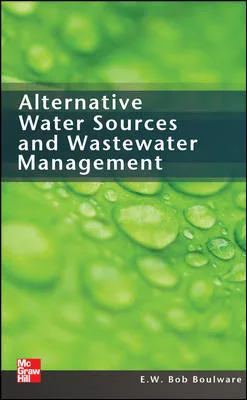Federal Government Backs Water Purification Standards
The government is hoping to prevent another bacteria-infested water outbreak. In 1993, more than 100 deaths in Milwaukee were attributed to an outbreak of the waterborne disease, Cryptosporidiosis.
More than 400,000 people were infected by the disease; 4,000 were hospitalized. With new regulations, municipal plants will be required to use a higher criterion of filters, eliminating the chances of bacteria or parasites getting into our drinking water. Increased monitoring of the filters will also be required.
While in Rhode Island, Clinton predicted such funding will add less than $2 to the average American household’s monthly water bill. The stiffer standards could save lives, he said.
"The proposals the president is announcing will simultaneously reduce health threats both from bacteria and viruses that may be in our drinking water and the disinfectants that are used to remove them," said Sen. John Chafee, (R-RI), chairman of the Senate Environment and Public Works Committee.
In fiscal 1999, $93.8 million will go to states for observing and executing programs that will bring cleaner drinking water. $775 million will go to municipalities for facility upgrading.
The number of chlorine byproducts in drinking water will be less with the improved filters, decreasing exposure by 25 percent. Chlorine byproducts are believed to cause cancer when mixed with organic materials in lab animals.
Facilities in areas serving more than 10,000 people must abide by the new federal regulations by December 2001. Smaller plants will have until 2003.
Looking for a reprint of this article?
From high-res PDFs to custom plaques, order your copy today!







